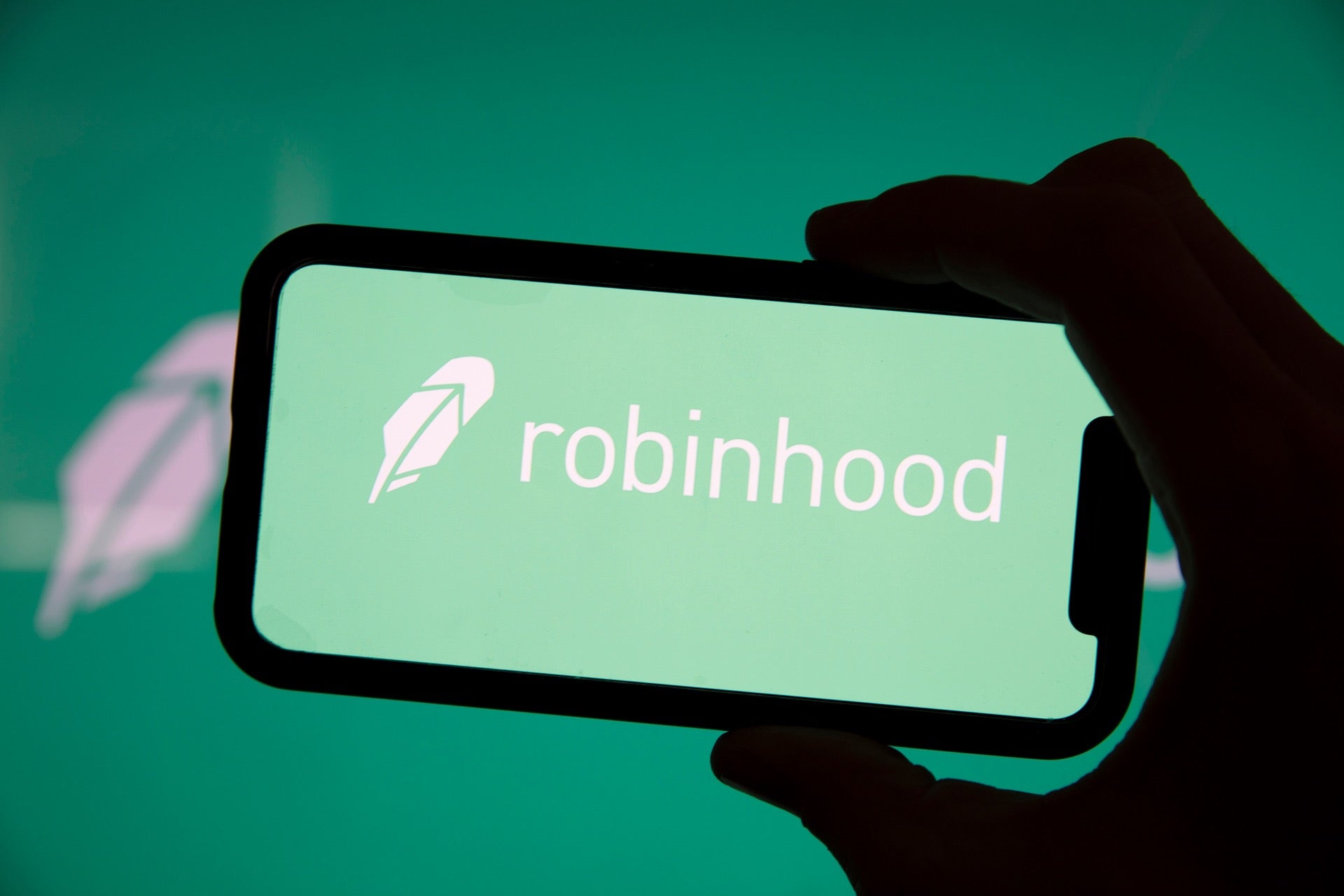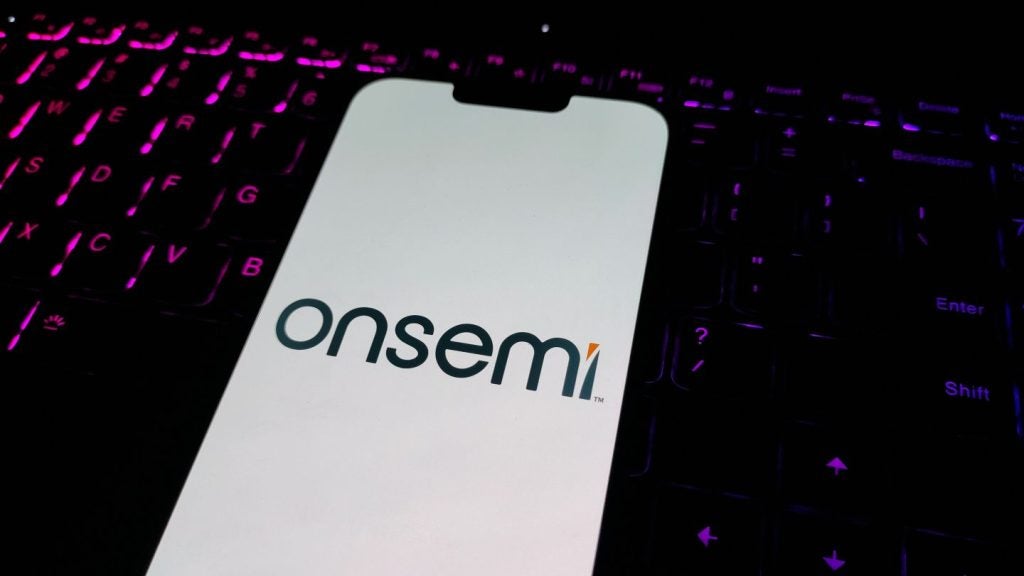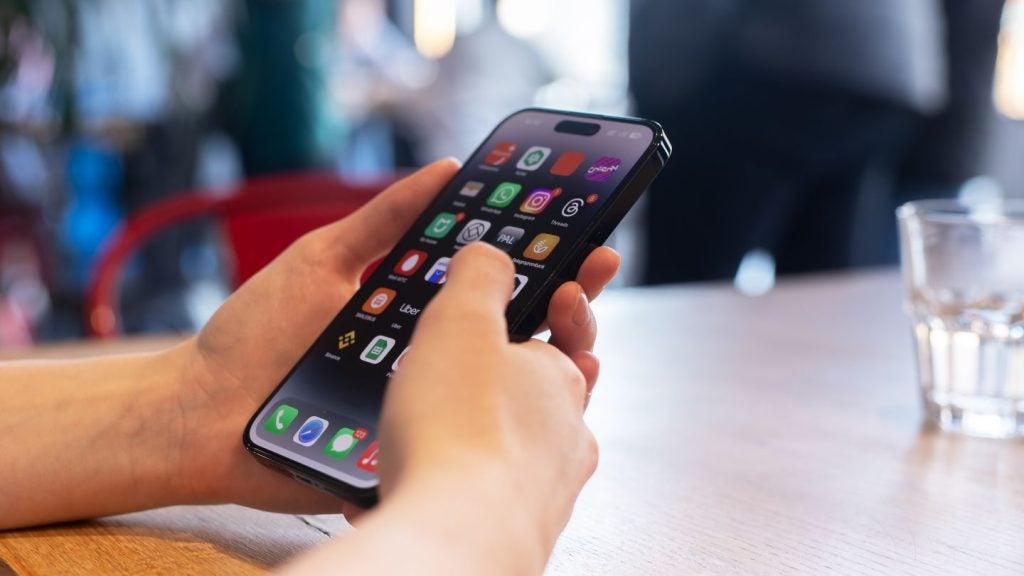
Robinhood, the commission-free stockbroking app intended to let ordinary members of the public play the stock market, has filed an application to be traded on the stock market itself. However it is not letting members of the public view its filing.
The stock-trading app has filed a confidential Form S-1 with the Securities and Exchange Commission (SEC). This means that no details about the inner workings of the process will be released to the public until both Robinhood and the SEC are happy for the initial public offering (IPO) to go ahead.
“The number of shares to be offered and the price range for the proposed offering have not yet been determined,” Robinhood said in a statement. “The initial public offering is expected to take place after the SEC completes its review process, subject to market and other conditions.”
The possible IPO is still graded as a “rumour” by GlobalData analysts.
Startups have been able to file a Form S-1 document confidentially with the SEC since 2012 when the Obama administration introduced the JOBS Act. Businesses using the process must make the details of the filings public 15 days before the IPO roadshow kicks off, in which the soon-to-be public company presents its offer through a series of events.
Not only has this enabled startups to keep the state of their business secret for longer, but also to avoid lawsuits from rivals, workers, former employees, suppliers and other interested parties, according to research from the Wharton School, part of the University of Pennsylvania.
Businesses publicly filing a Form S-1 tend to see a 25% increase in distracting and opportunistic litigation after the news of the filing breaks. Confidential filings don’t suffer that lawsuit jump.
The researchers noted that public filings could suffer a deduction in their winnings from the IPO if they suffer too many lawsuits, unsubstantiated as they may be, before the float as investors tend to “overestimate the uncertainty surrounding the IPOs and thus undervalue IPO firms.”
Facebook, Fitbit, LinkedIn and PayPal are just some of the companies that suffered through lawsuits prior to their IPOs.
“Knowing that soon-to-be-public firms have strong incentives to minimise factors that can adversely affect their valuation, reputation, and interest in the IPO, potential plaintiffs may feel emboldened to initiate lawsuits in order to extract a quick settlement,” the researchers wrote.
Roadshow blocks
Despite Robinhood keeping its cards close to the chest, it still has plenty of publicly-known problems. Earlier this year, the trading app got mixed up in the GameStop trading chaos.
The turmoil began after members of the r/WallStreetsBets subreddit called for the support of GameStop, BlackBerry, AMC and Nokia stocks, causing their share prices to skyrocket. Some people hailed the campaign at the time as a David and Goliath fight, with small retail investors taking on Wall Street.
Several major hedge funds saw billions of dollars shaved off from their winnings as a consequence.
As the rush to invest gained momentum, Robinhood suddenly froze trading in these stocks.
Several lawmakers subsequently called for an inquiry into the actions of Robinhood, including some who would normally strongly oppose each other such as Republican senator Ted Cruz and Democratic congresswoman Alexandria Ocasio-Cortez.
“This unacceptable,” Ocasio-Cortez tweeted. “We now need to know more about [Robinhood’s] decision to block retail investors from purchasing stock while hedge funds are freely able to trade the stock as they see fit.”
This is unacceptable.
We now need to know more about @RobinhoodApp’s decision to block retail investors from purchasing stock while hedge funds are freely able to trade the stock as they see fit.
As a member of the Financial Services Cmte, I’d support a hearing if necessary. https://t.co/4Qyrolgzyt
— Alexandria Ocasio-Cortez (@AOC) January 28, 2021
At the subsequent hearing, Robinhood CEO Vlad Tenev explained that the financial strain caused by the GameStop trading chaos had forced his company to limit trading of certain stocks in an “unacceptable” way. Essentially, it couldn’t afford to pay its many users when they made large sums of money trading stocks on Robinhood.
“We are doing everything we can to make sure this won’t happen again,” he said.
In order to plug the financial hole exposed by the trading turmoil, Robinhood raised first $1bn and then a further $2.4bn in two venture funding rounds on 29 January and 1 February. The two rounds gave the company a $33bn valuation, according to GlobalData research. Participants in the rounds included Andreessen Horowitz, Sequoia and Ribbit Capital. CEO Vlad Tenev also stated on 1 February that the company might raise another $1bn by means of debt offering.
Previous finance rounds have also seen funding from SoftBank and Greenoaks, among other investors. In March 2019, Robinhood acquired financial news outlet MarketSnacks for an undisclosed sum.
Robinhood has also dealt with a series of service outages over the years, particularly during the start of the pandemic, that have also sparked criticism against the tridecacorn.
Read more: The GameStop frenzy: Three lessons to be learnt from regulators







